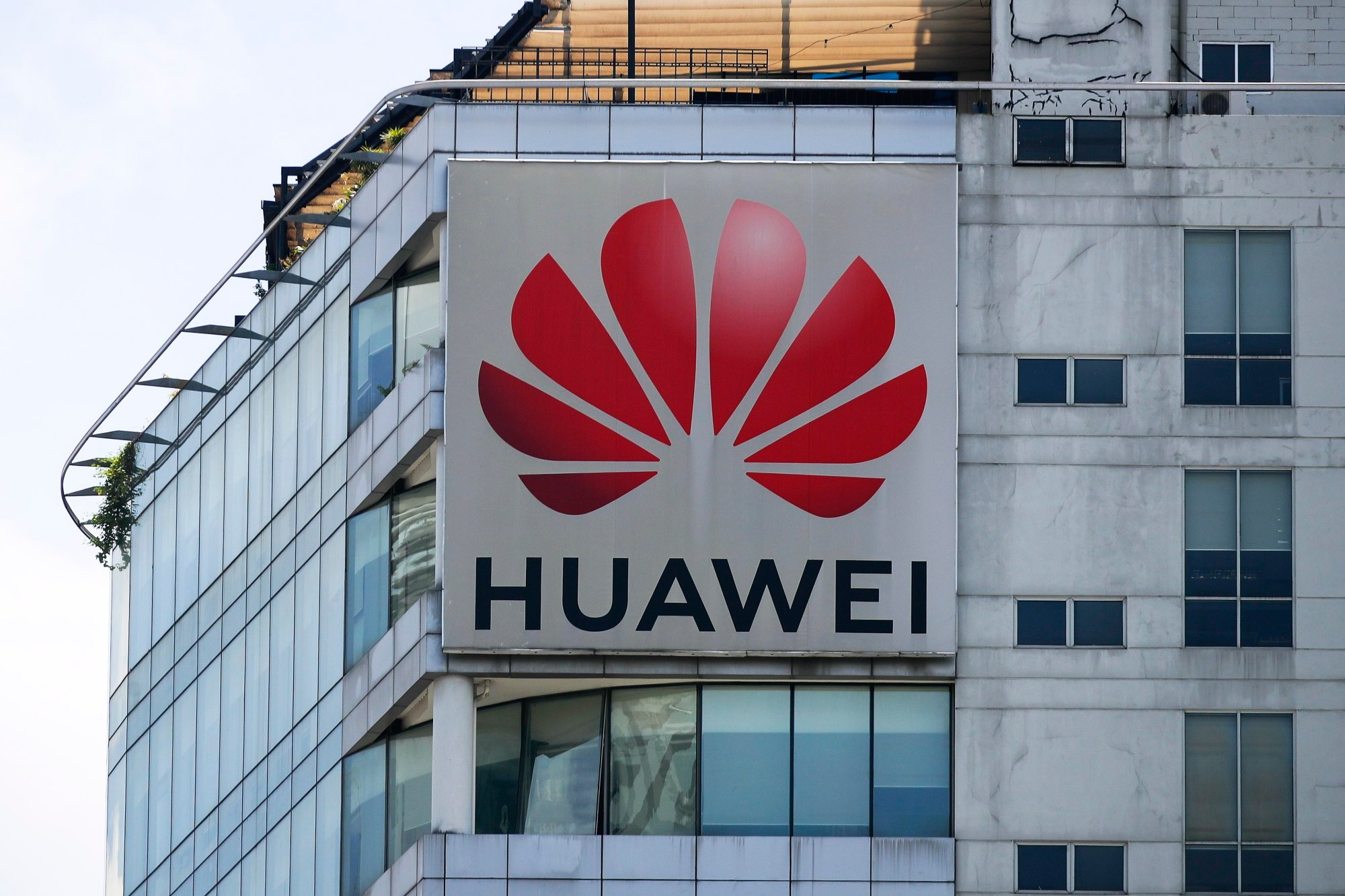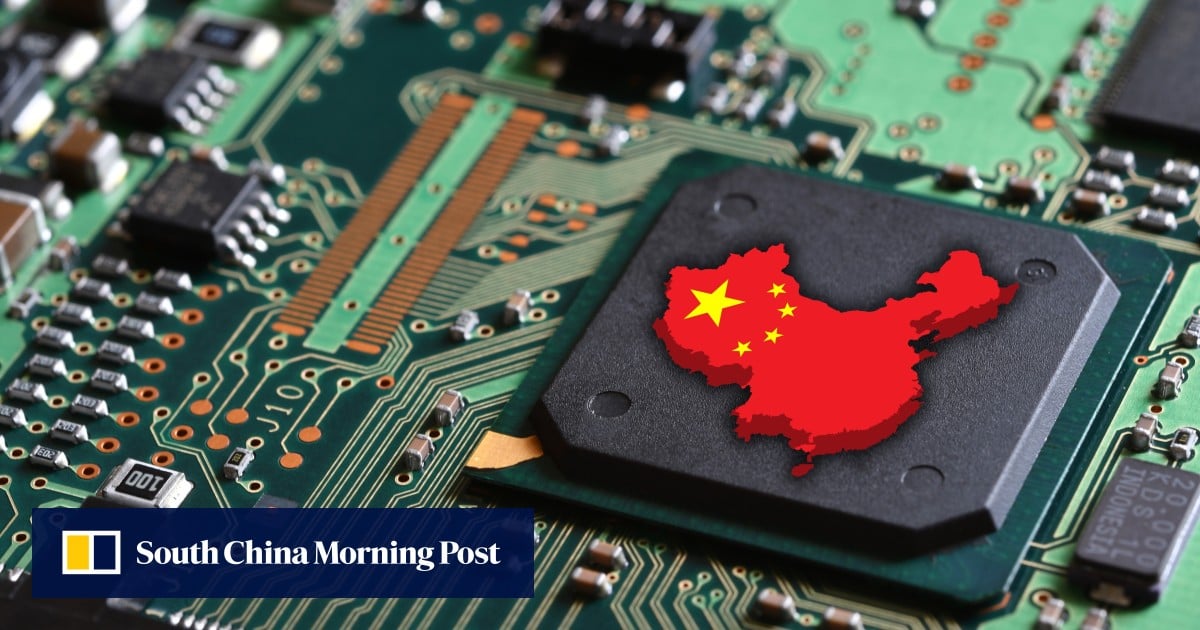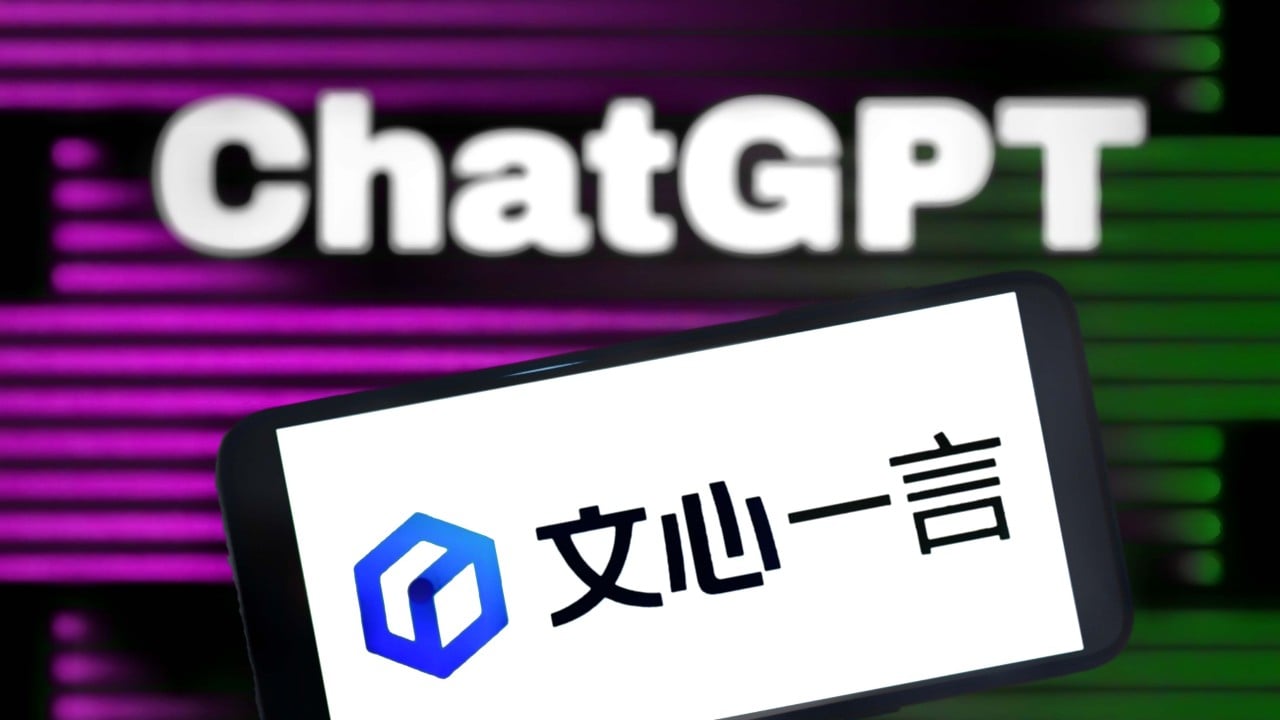“China’s growing power and expansion in emerging [technologies] are key to driving momentum of the global shifts in technology and the geopolitical landscape,” Maria Papageorgiou, study author and a lecturer at the University of Exeter in Britain, said in a university statement on Monday.
The development of emerging technologies, which have “unpredictable implications” on national security, “demands a reassessment of the role of technology in international affairs and its impact on the international system,” the team wrote.
China’s advances in fields such as AI and 5G have been accompanied with a global technological spread through initiatives such as the Digital Silk Road, which had made it a competitor and a “threat” to the US, according to the paper.
While perceptions of a country’s power are often constrained by geographical proximity, the transboundary nature of these emerging technologies makes them “unimpeded by traditional air, land, or sea defences”.
The team wrote: “When faced with a threat, states in an anarchic international system can either balance the threat or bandwagon with the source of the threat.”
The authors found that between 2017 and 2023, China’s position as a “near-peer competitor to the US” in technology has driven a policy shift designed to “outspend China and restrict its access to certain critical technologies, new markets and resources required for its technological progress and to counter Chinese technology acquisition”.
In 2021, the US banned investments into 59 Chinese companies in the semiconductor sector, including Huawei Technologies. The following year the Chips and Science Act, which aims to boost investment in the domestic semiconductor industry, came into force.
Other countries “have followed [America’s] footsteps”, the paper said, including an agreement between the US, Netherlands and Japan in January last year to “deny some advanced chip manufacturing machines to China and to restrict sales of equipment for advanced semiconductors to China”.
“The acceptance of US policy recommendations, which sometimes takes place following months of arduous negotiations, embodies a united effort from the US and its allies to impede China’s acquisition of state-of-the-art semiconductor technology with the objective of preserving their own technological superiority,” the team wrote.
“As a result, over 60 countries exclusively use Chinese AI surveillance technology, most of which are in Africa and Latin America.”

In 2019, the announcement of a joint partnership between the US and Singapore in developing AI for national security “was one of the first initiatives of strategic alignment in ETs”, the team wrote.
Alongside growing AI capabilities, “China is on track to possess as much as 30 per cent of the world’s data by 2030,” which also raises the threat level, according to the paper.
China has become dominant in global adoption of 5G, with Huawei leading global implementation, accounting for 91 commercial contracts, mostly with developing countries in Asia.
“Over the past year, the US has engaged in an aggressive campaign to convince European partners to ban Chinese suppliers from their 5G network,” the team wrote, citing moves by Britain, Japan, New Zealand and Sweden to limit its role in 5G networks due to concerns about espionage and potential influence over global telecommunications.
The US has also expanded its campaign to developing nations – including the Philippines, Costa Rica and Kenya – urging them not to use China 5G technology.
The researchers also pointed to the EU-US Trade and Technology Council, which signals “a potential alliance to counter Chinese technology expansion”. The council was established in 2021 and has said it would focus on export controls and concerns about emerging technologies.
China acquired US-restricted Nvidia AI chips built in servers, tenders show
China acquired US-restricted Nvidia AI chips built in servers, tenders show
“The US seeks to reinforce cooperation with its key allies to stay ahead of China and counter its technological advances … by raising institutional, administrative, and market barriers against competitors in both informal, diplomatic, and formal alliance settings,” the researchers wrote.
They added: “China’s growing power and expansion in ETs are key to driving momentum of the global shifts in technology and the geopolitical landscape.”


